Lebanon Blast: Political Game Changer Or Hollow Blow?
Last week's cataclysmic explosion has ripped Beirut apart but was it strong enough to topple the entrenched ruling class whose greed and incompetence are blamed for it?
The masters of Lebanon's political pie-sharing game have not changed in decades: warlords from the 1975-1990 civil war who traded their fatigues for suits.
Many Lebanese want their reviled leaders to bite the dust over the August 4 explosion, which killed at least 160 people and disfigured the capital.
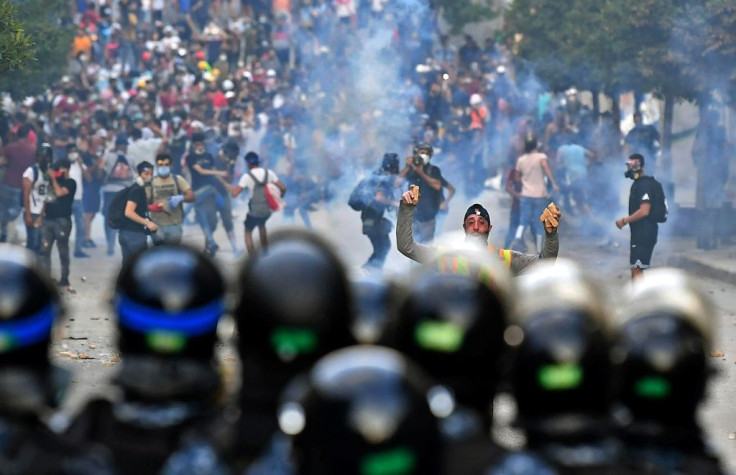
Under pressure from all sides, Prime Minister Hassan Diab announcd his government's resignation on Monday but it remains to be seen whether new faces are brought in or the usual suspects brought back.
Authorities say the blast was triggered by a fire of unknown origin that broke out in a port warehouse where a huge pile of highly volatile ammonium nitrate fertliser had been left unsecured for years.
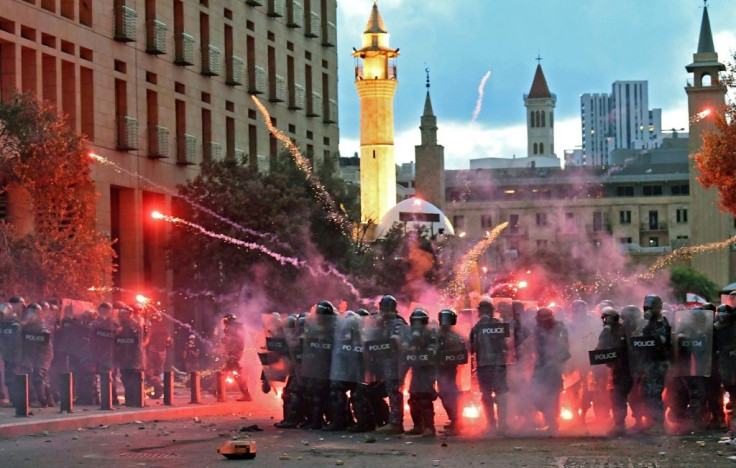
Whatever the cause of the fire is, the popular consensus is that the blame rests squarely on the shoulders of the officials in charge of the port.
The disgust that had fuelled nationwide protests last year demanding a complete overhaul of the political system turned to fully-fledged rage and thirst for revenge.
Michel Aoun, Lebanon's 85-year-old president and a symbol of the status quo, acknowledged the need to "reconsider" the country's governance.
In his resignation speech, Diab said he wanted to join the people in holding decades-old rulers accountable, saying: "Their corruption created this tragedy."
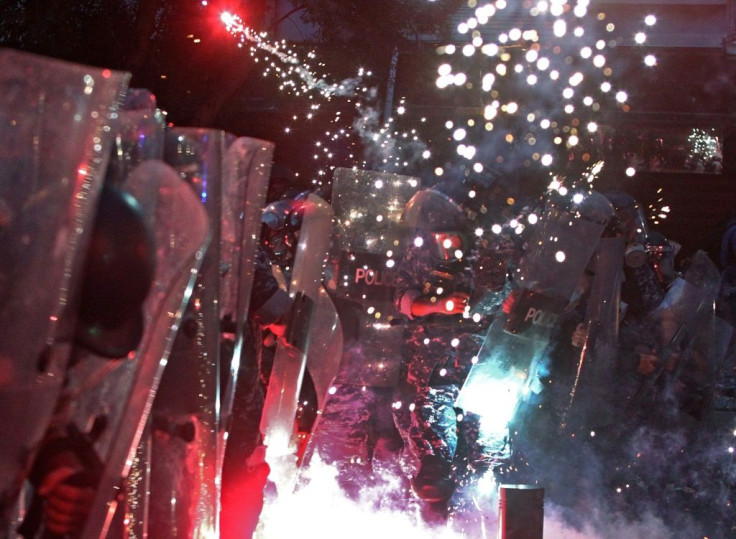
The two men's attempts to distance themselves from the political elite failed to convice many ordinary Lebanese, who saw nothing more then an exercise in buck-passing and self-preservation.
Hilal Khashan, a political science professor at the American University of Beirut, said the fallout from the blast was a potential "game changer" because the street would accept nothing less than radical change.
He said the resentment towards established parties could finally create a space for the emergence of "new political formations".
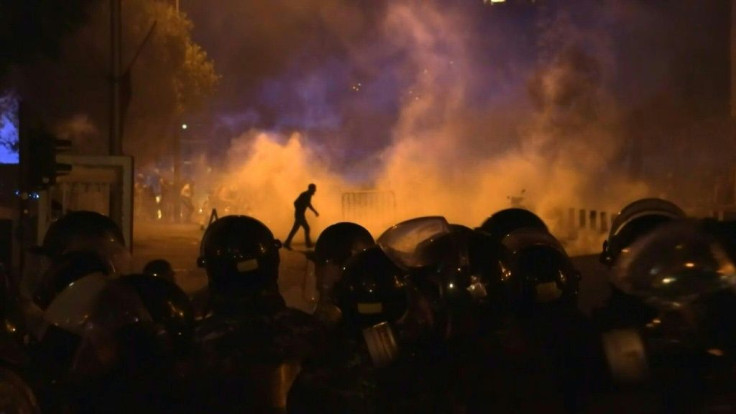
Jeffrey G. Karam assistant professor of political science at the Lebanese American University, was less hopeful.
"It is almost impossible to consider and even imagine that the blast will sweep away the ruling political class," he told AFP.
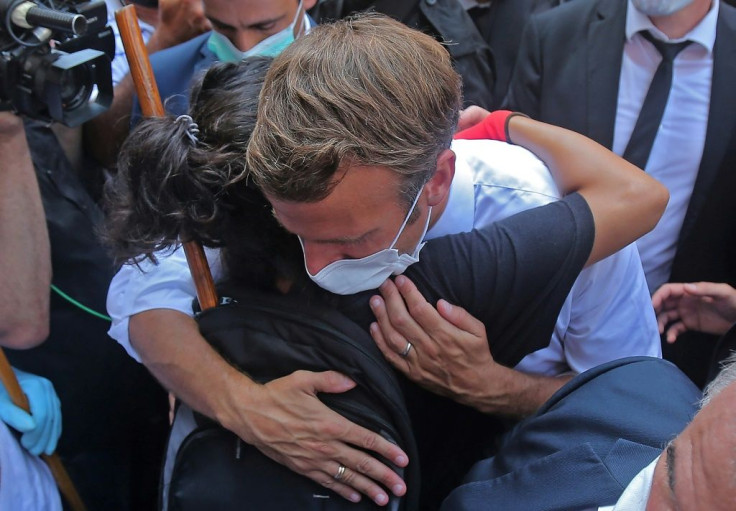
"The ruling class will absorb the shock, anger, frustration and actually exploit the blood in the streets," he said.
It will "promise short-term solutions to simply manufacture consent and some sense of normalcy," he predicted.
Karam said one possible scenario moving forward is the formation of a so-called national unity government that includes representatives of all the country's main political parties, some under the guise of technocratic nominees.
This would mean "we're back to square zero."
Diad suggested early polls before resigning but a fresh vote would just return the same elite if the electoral law is not thoroughly reviewed.
"Our political class is immune to human tragedy, especially given that almost all of them are warlords," Karam said.
"Unfortunately, a few hundred blast victims will not trigger a mass scale response from the political elite."
Foreign sponsors were long the main lifeline for Lebanon's economy and the financiers of the patronage networks of its rival political parties but the money flow has dried up in recent years.
The blast rocked Lebanon at a time when it was already on its knees, having defaulted on its debt and seen poverty rise to near third world levels.
Despite the economic emergency, Lebanon's barons were resisting the reforms demanded by Western donors but the extra burden and popular anger generated by the port blast will further reduce its room for manoeuvre.
On the first visit by a head of state to Lebanon since the explosion, French President Emmanuel Macron last week called for a "new political order".
An emergency international conference he organised for blast victims on Sunday raised a quarter of a billion dollars he vowed would bypass the government.
LAU political science professor Bassel Salloukh argued that this kind of outside pressure was a potent weapon to change what he described as a "zombie political system".
"The August 4 explosion changes everything: the political elite have no more manoeuvering room," he said.
"They will find it very difficult to avoid the kind of structural reforms that the international community has made a precondition for any aid," he added.
"Will that uproot the political system? No, but it forces them to make the kind of concessions they have long resisted."





















